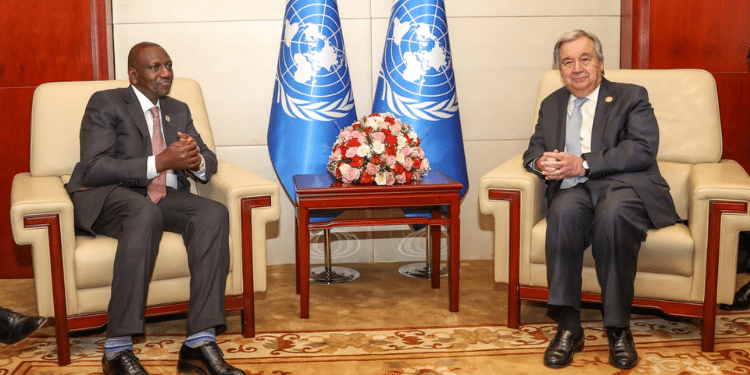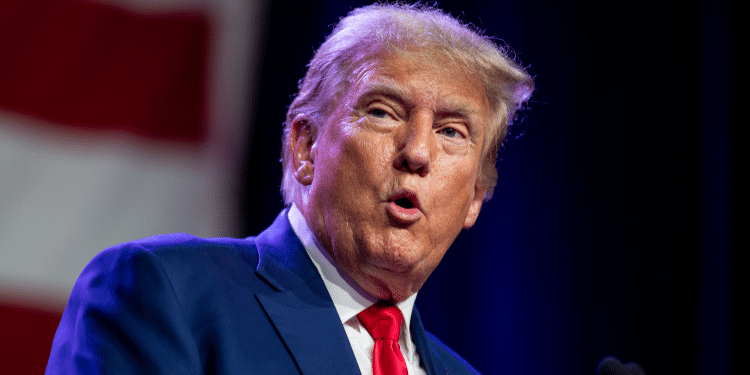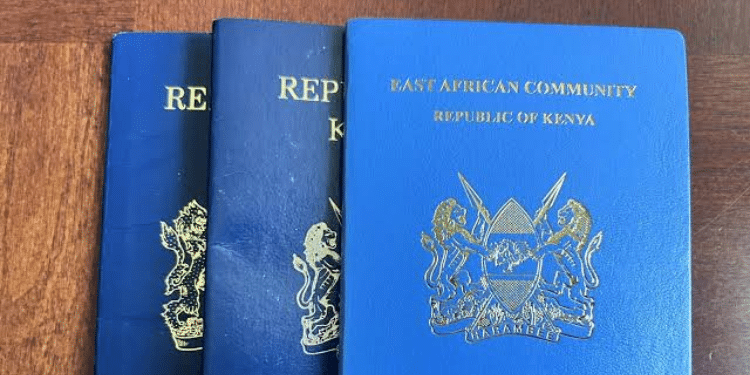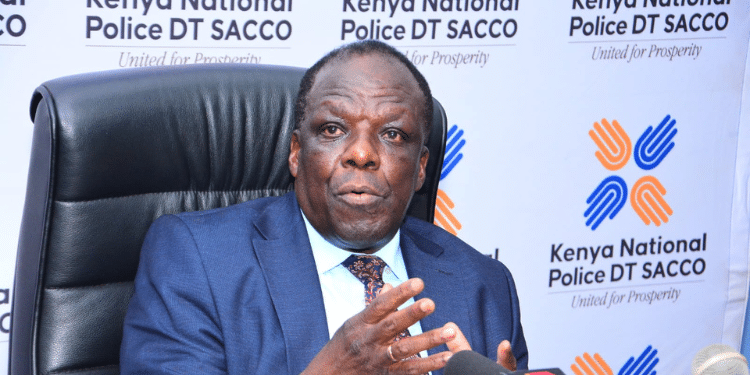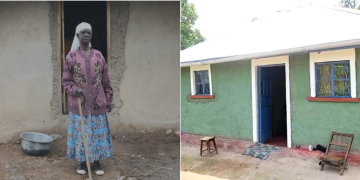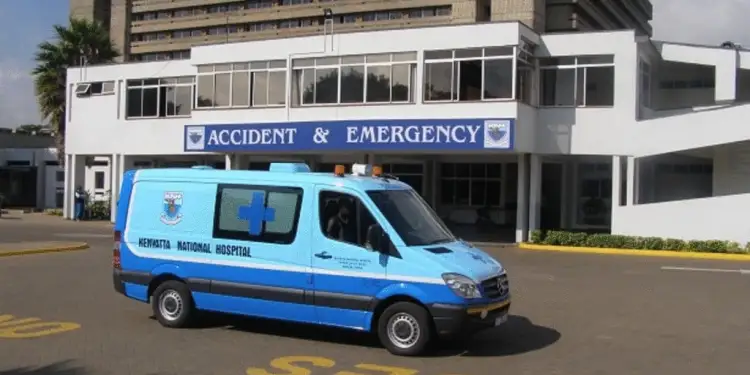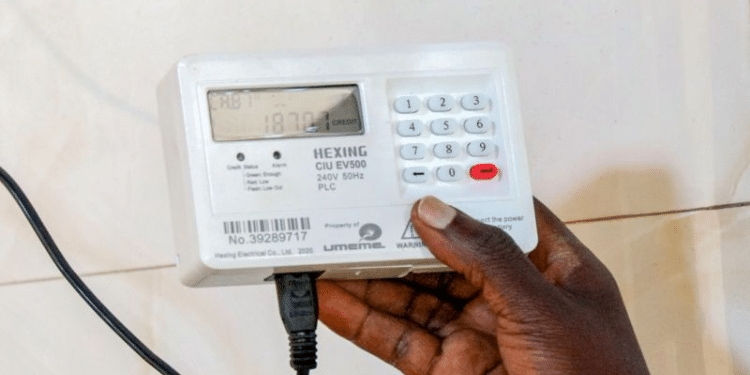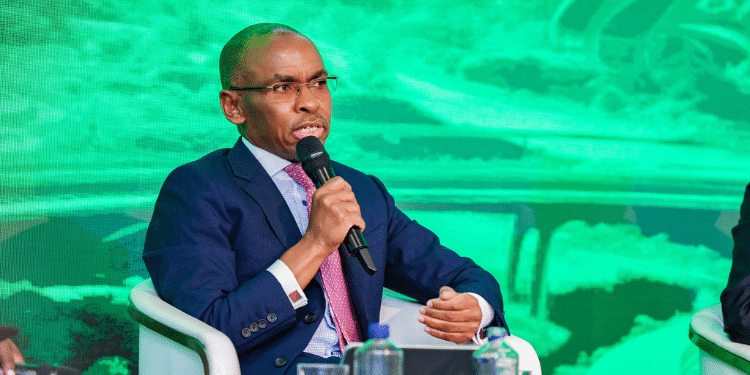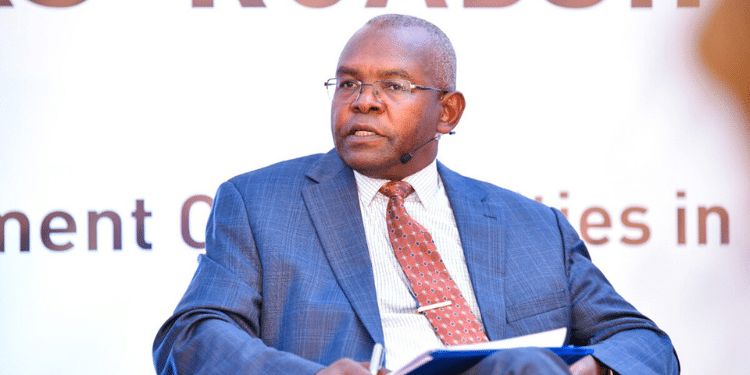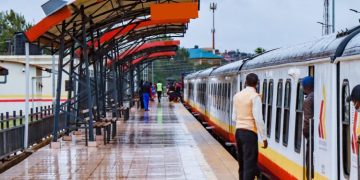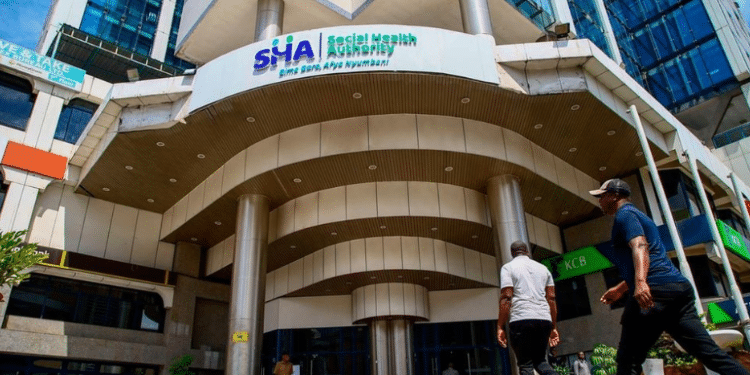The Chairperson of President William Ruto’s Council of Economic Advisors (CEA), David Ndii, has confirmed that the government does not own the Social Health Authority (SHA) system.
In a statement on Tuesday, March 3, Ndii stated that the platform is fully outsourced, adding that the government has not spent any money upfront on its development.
He explained that the Ksh104 billion cost being debated is a user fee payable over a 10-year contract period, not a direct government expenditure.
Ndii also revealed that after the 10-year contract period, the Social Health Authority will take over the system’s management.
“There is no payment made in advance. The government is only charged when we use it, just like M-Pesa,” Ndii stated.
David Ndii Confirms SHA System is Outsourced
David Ndii further explained that the SHA software is just one component of the system. He revealed that the SHA Software as a Service (SaaS) will cost Ksh2.3 billion over 10 years, translating to Ksh230 million per year.
He added that the software services also include a Hospital Management Information System (HMIS) for over 7,000 public health facilities, data transmission services provided by Safaricom, and the necessary infrastructure to support the platform.
Also Read: SHA Declares CEO Position Vacant; How to Apply
At the same time, David Ndii disclosed that Safaricom is one of the companies the government has outsourced the system from.
“For comparison, we paid Safaricom Ksh77 billion in M-Pesa fees last year. The platform will provide similar capability at Ksh10 billion a year—about Ksh50 per hospital visit.”
He added that each hospital visit involves at least five transactions—including patient and provider authentication, data retrieval and uploading, and prescription filling—making it approximately Ksh10 per transaction.
Ksh104.8B Invested in SHA System Gov’t Doesn’t Own — Auditor General
Ndii’s remarks come amid growing controversy after Auditor General Nancy Gathungu revealed that, the state neither owns nor controls the system despite a significant public investment of Ksh 104.8 billion.
“The ownership of the system, system components, and all intellectual property rights shall remain in the ownership of the consortium,” Gathungu noted in her report.
Also Read: Health CS Addresses SHA Paying Ksh23,000 for Baby Arianna’s Treatment
To add to the concerns, the procurement process did not involve competitive bidding. Instead, the contractor was sourced directly through a Specially Permitted Procurement Procedure, which violates Article 227(1) of the Constitution.
“This process was contrary to Article 227(1) of the Constitution, which requires a fair, equitable, transparent, competitive, and cost-effective way of acquiring goods and services,” Gathungu stated.
The report further revealed that the project was excluded from the procurement plan and the medium-term budgetary expenditure framework, violating Section 53(7) of the Public Procurement and Asset Disposal Act of 2015.
Despite the significant financial implications, the model lacks supporting baseline survey, raising questions about its viability and the potential for increased healthcare costs for citizens.
“The projected revenues include a 5% deduction from claims made by health facilities, which has the effect of increasing healthcare costs, indicative of a 5% service charge to citizens every time they access healthcare services,” Gathungu observed in the report.
Follow our WhatsApp Channel and join our WhatsApp Group for real-time news updates


